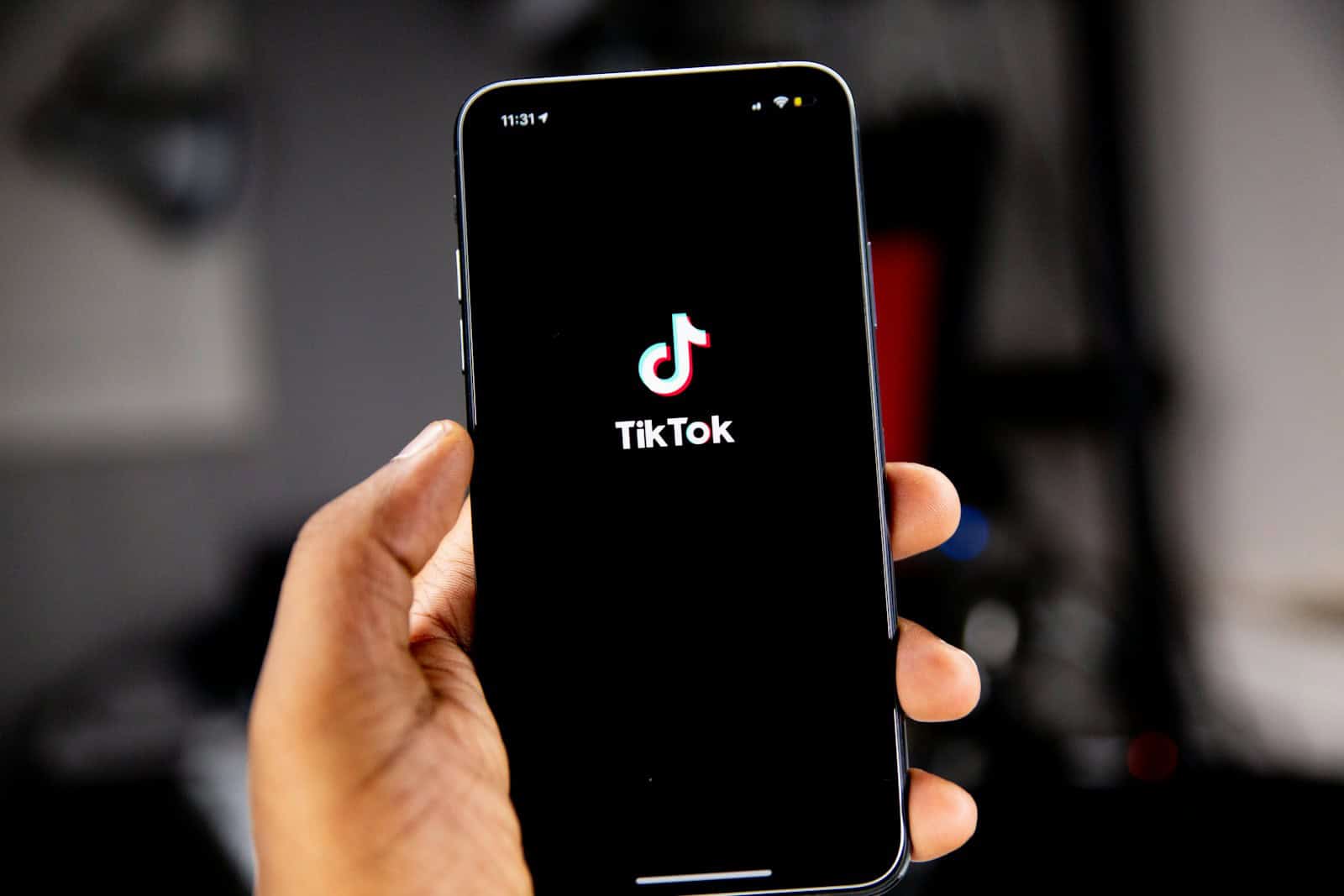The fate of TikTok in the U.S. hangs in the balance as an April 5, 2025 deadline looms, requiring ByteDance—TikTok’s Chinese parent company—to divest its American operations or face a potential ban. With just days to go, the situation has evolved into a high-stakes geopolitical and economic standoff, where national security, tech industry disruption, and global diplomacy collide. What started as a privacy concern has become a defining moment for how the U.S. handles foreign-controlled digital platforms.
Why the Deadline Exists
At the heart of the issue is the Protecting Americans from Foreign Adversary Controlled Applications Act (PAFACA), a law passed in 2024 mandating that ByteDance divest TikTok due to growing national security concerns. U.S. lawmakers fear that China’s national security laws could compel ByteDance to hand over sensitive American user data or subtly influence content moderation to suit Beijing’s interests.
While these concerns have existed since at least 2020—when the Trump administration first attempted to ban TikTok—PAFACA formalized the process. After ByteDance missed the original January 19 deadline, President Trump issued an executive order granting a temporary reprieve, extending the sale window to April 5, 2025.
Who Might Step In to Buy TikTok?
With the deadline approaching, a growing list of potential buyers is vying for a piece of TikTok’s lucrative U.S. operations, which boast over 170 million American users.
- Oracle: Already managing U.S. user data through “Project Texas,” Oracle is well-positioned to expand its role. But insiders question whether Oracle wants full control or would settle for a data-handling agreement.
- Blackstone: The private equity firm is reportedly exploring a minority stake as part of a broader investor group. A consortium approach may help avoid regulatory scrutiny while ensuring American control.
- Susquehanna International Group & General Atlantic: This investment duo has emerged as a potential frontrunner. Their bid reportedly centers on maintaining TikTok’s U.S. operations while appeasing both U.S. regulators and ByteDance’s interests.
- Microsoft: Initially a key player in the 2020 sale talks, Microsoft was recently floated again by President Trump. A Microsoft-TikTok pairing could bring enterprise-grade security and global infrastructure.
- Kevin O’Leary and Project Liberty: The Shark Tank investor and civic tech group Project Liberty are advocating for a decentralized, user-controlled TikTok model—something radically different from ByteDance’s structure.
- Perplexity AI: In an unexpected twist, the AI search company proposed a merger with TikTok. While unconventional, the move reflects growing interest in combining generative AI with short-form content platforms.
The Trump Factor
President Trump remains bullish on TikTok’s future in the U.S., recently stating that he expects a deal to be announced “before Saturday.” He’s even floated the idea of offering China tariff reductions as a sweetener to help seal the deal—acknowledging that China’s approval is essential for any transaction to proceed, especially given ByteDance’s tight hold on the app’s algorithm.
Vice President JD Vance has reportedly been overseeing negotiations. He signaled optimism that a “high-level agreement” could materialize before the deadline, though the situation remains fluid.
China’s Reluctance to Let Go
The Chinese government has voiced opposition to a forced sale, particularly if it involves surrendering TikTok’s proprietary algorithm. Under Chinese export laws, the government must approve any sale of technology deemed sensitive, and TikTok’s recommendation engine—a key to its success—fits that bill.
In 2020, China blocked a proposed sale of TikTok’s algorithm, and there’s no indication that sentiment has changed. A full sale may only happen if ByteDance retains control over the technology, raising questions about how “American” TikTok could truly become.
What Happens If the Deal Falls Through?
If April 5 arrives without a finalized sale or executive extension, the original law kicks in—potentially triggering a ban. This could include:
- Removal from app stores, preventing new downloads.
- Cutoff of updates, which could gradually render the app obsolete.
- Pressure on hosting partners, like Oracle or AWS, to sever ties.
That would directly impact millions of creators, small businesses, and brands who depend on TikTok for visibility and income. The last time the U.S. attempted a TikTok ban in 2020, federal courts blocked it. But with a new legal framework and bipartisan support in Congress, this time may be different.
The Bigger Picture: Precedent and Power
TikTok’s forced sale—or potential ban—is unprecedented in modern tech history. It marks a turning point in the U.S.’s approach to regulating foreign-controlled tech and managing data sovereignty. While platforms like Facebook and Instagram have faced scrutiny over privacy and misinformation, TikTok has become the flashpoint for digital Cold War-style policymaking.
The move could embolden other countries to take similar actions against foreign apps—reshaping the global internet into a balkanized landscape of locally controlled platforms.
A Platform in Flux
Even if a buyer emerges, TikTok’s U.S. operations could be dramatically altered:
- Changes to content moderation or privacy policies.
- A new algorithm if ByteDance refuses to sell the original.
- Rebranding or relaunch under a new corporate structure.
For users, that might mean a different For You Page, revised ad targeting, or even reduced platform capabilities.
What’s clear is that TikTok, as Americans know it today, may not survive the week unchanged. Whether a deal comes together or not, the app is on the brink of transformation—one that could redefine how the U.S. handles tech governance, digital rights, and the future of online platforms.







